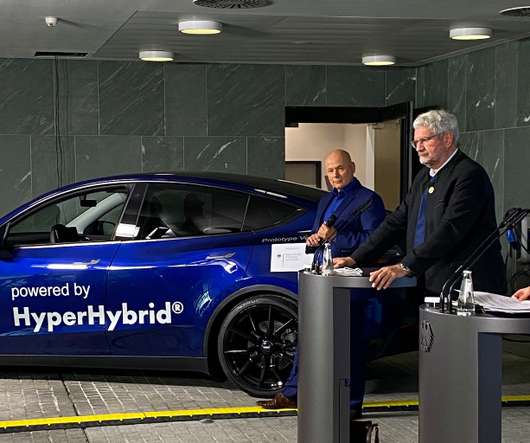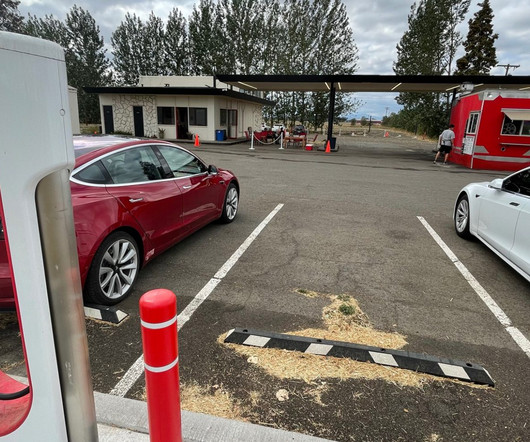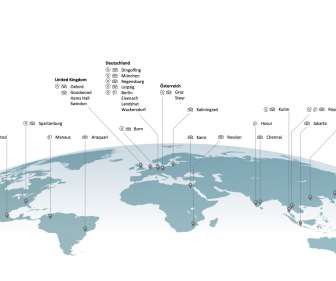CESifo: EVs not the best option for reduction in on-road CO2 in Germany given power mix
Green Car Congress
APRIL 20, 2019
According to a new study published by the ifo Institue Center for Economic Studies (CESifo) in Germany, EVs will barely help cut CO 2 emissions in the country over the coming years, as the introduction of electric vehicles does not necessarily lead to a reduction in CO 2 emissions from road traffic given the current power generation mix.














Let's personalize your content